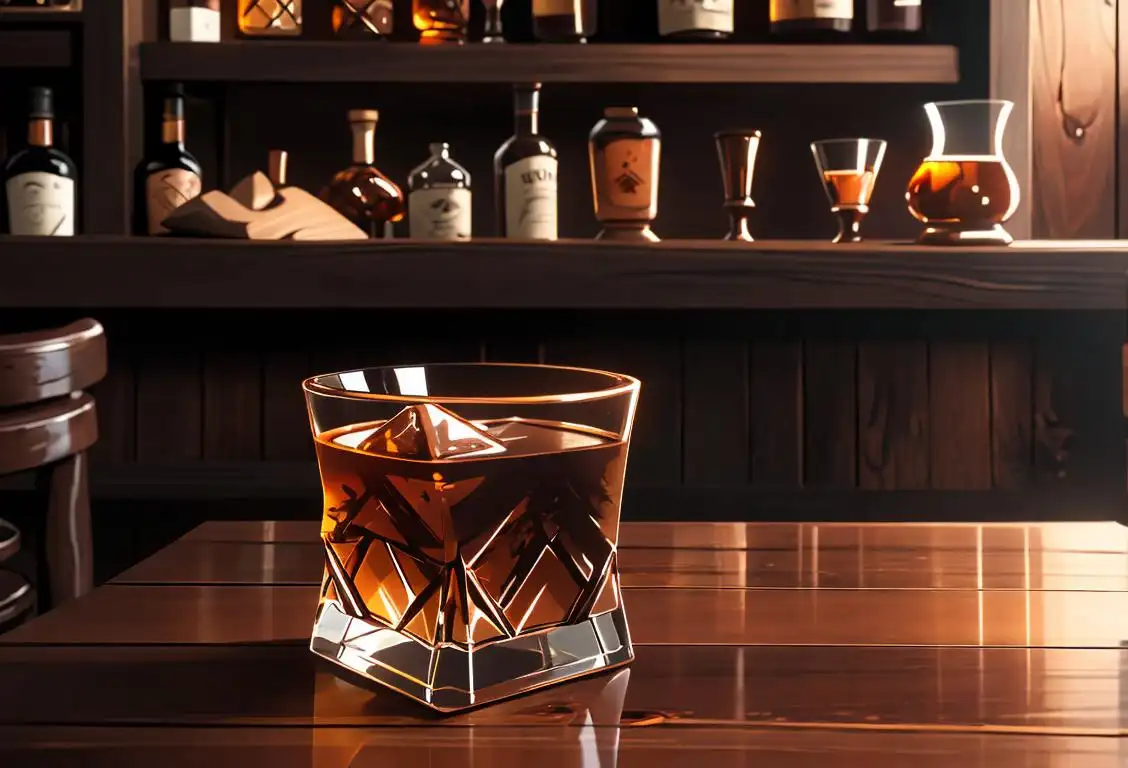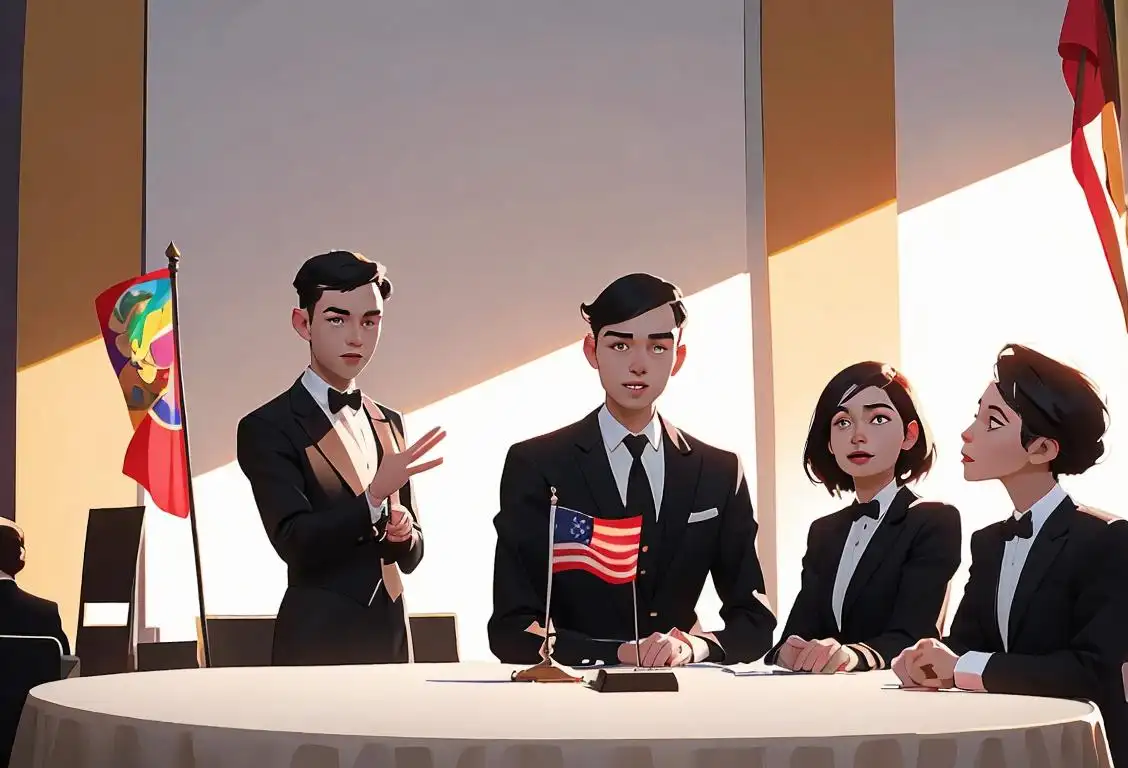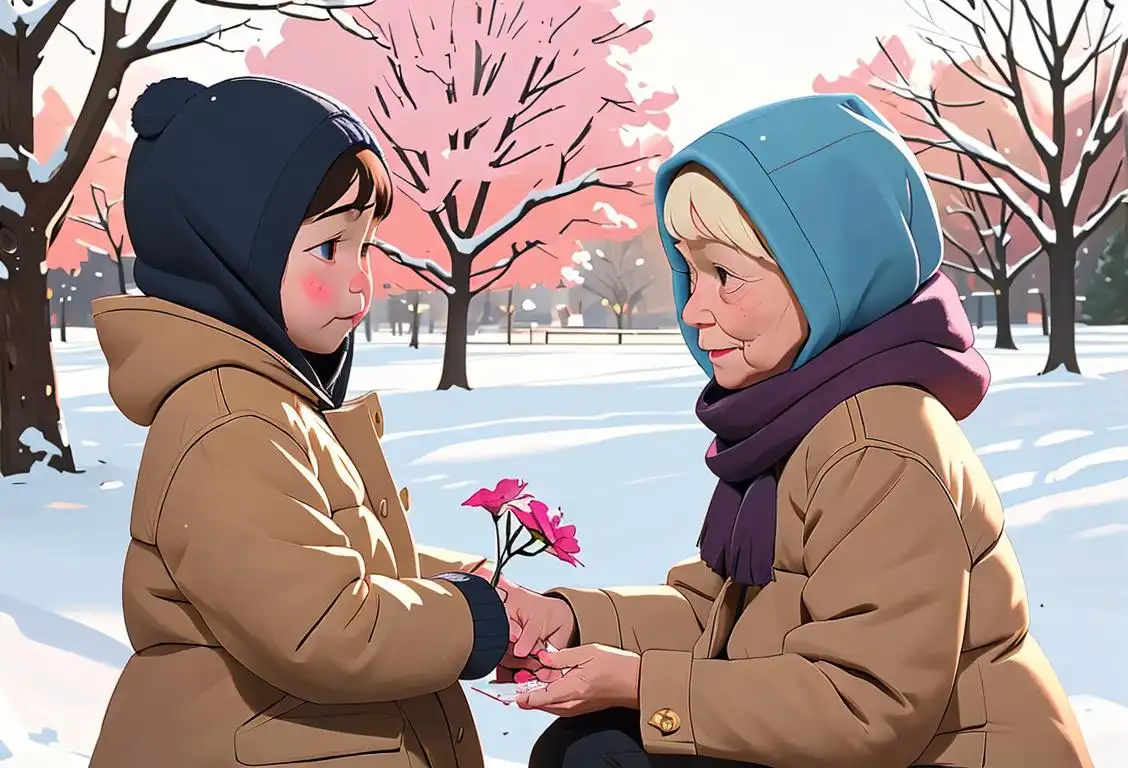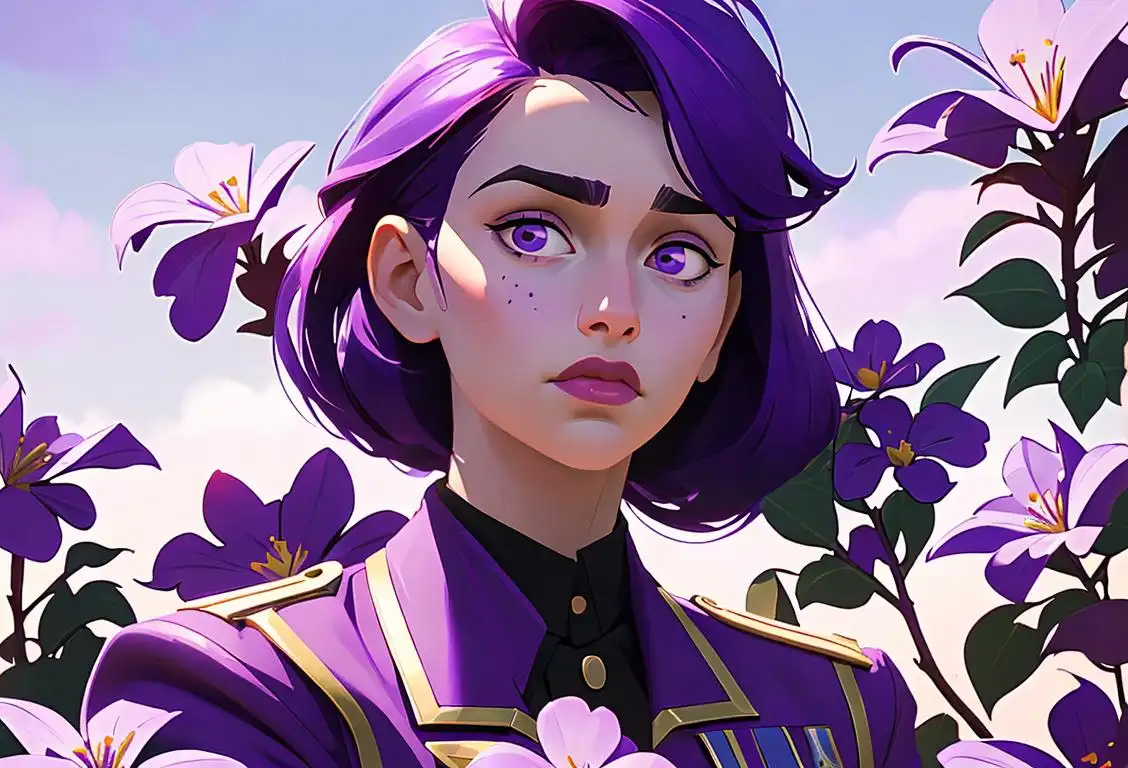National Lipstick Day
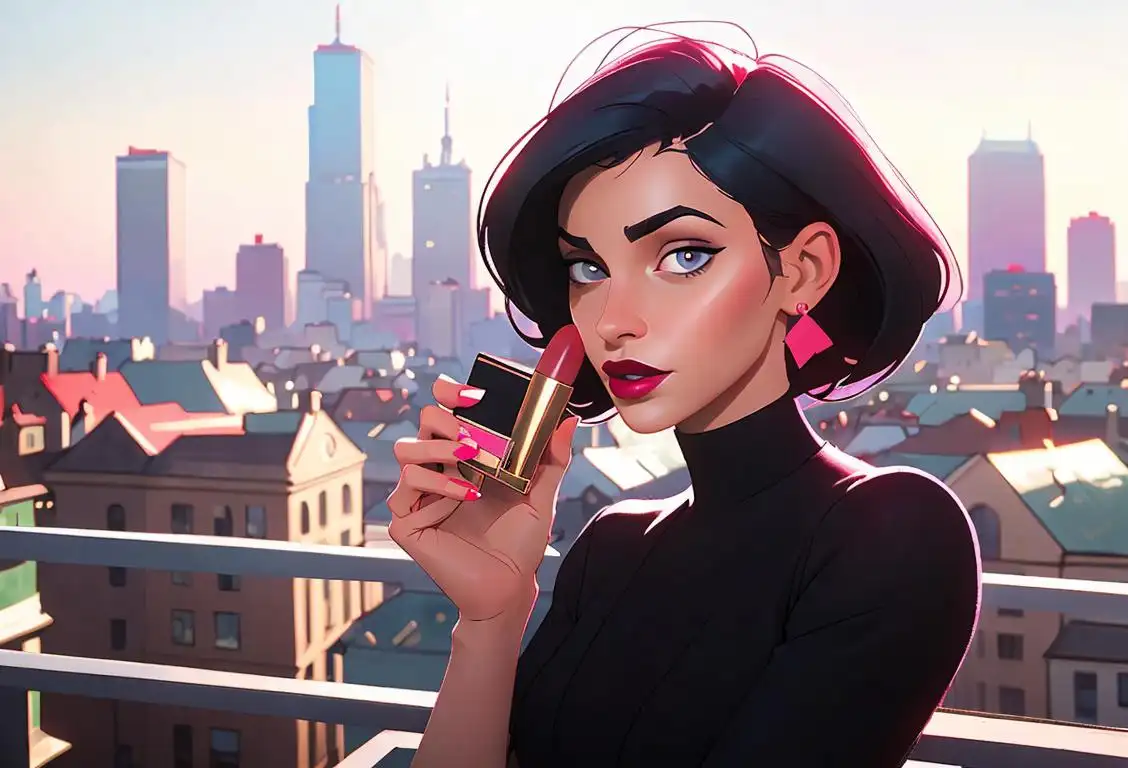
Ah, lipstick - that magical stick that has the power to transform anyone's face in a swipe! Well, it's time to pucker up and embrace those lippies, cause we're talking about National Lipstick Day today! Designed for everyone who has ever wielded a lipstick and left a mark of their personal style.
When is Lipstick Day?
It's national lipstick day on the 29th July.
Celebrating National Lipstick Day
Believe it or not, there's a day dedicated solely to lipsticks, and it's on July 29. Crazy isn't it? But as the 66,760 of you who mention it online can attest, it’s absolutely worthwhile. In 2017, this day hit peak popularity with people all around the globe marking their calendars, and their lips, in anticipation.
A Little History
History isn't all dull, you know. In the context of lipstick, it's rather colourful! The first swivel-up lipstick in a tube appeared in 1923. But, wait, there's more. The trend has ancient roots – in fact, it dates back to 2000 B.C when Ancient Sumerians crushed gemstones and used them to decorate their lips and eyelids. Talk about some serious dedication to beauty!
How to Celebrate
So, how do you join in the fun? You could try a totally new color, revamp your makeup routine, or go rogue and create a masterpiece on a piece of paper using only lipsticks! This isn't just a day for women either, anyone and everyone can join in and celebrate the lipstick in all its glory. Who said coloring your lips was gender-specific!?
Lipstick and Love
Ever wondered why leaving lipstick marks on loved ones is a thing? Or why lipstick stains on letters hold a romantic significance? Lipstick, in many ways, is a symbol of love and affection. So, why not use National Lipstick Day as an excuse to spread some love and some lipstick?
History behind the term 'Lipstick'
3000 BCE
Ancient Origins
The history of lipstick dates back to around 3000 BCE, where traces of lip coloration have been found in ancient civilizations such as Mesopotamia and Sumeria. Women in these societies used natural pigments derived from plants and insects to stain their lips, making them appear more attractive.
Indus Valley Civilization (2500–1500 BCE)
Lip Artisans
During this time, the women of the Indus Valley Civilization were known to be skilled artisans in the art of lip coloring. They would crush gemstones and mix them with oils to create vibrant lip colors. Additionally, they used natural ingredients like henna and beetroot to add a pop of color to their lips.
Ancient Egypt (3500–1000 BCE)
Cleopatra's Influence
In Ancient Egypt, lipstick took on a more influential role. Cleopatra, the iconic Egyptian queen, was highly recognizable for her use of lipstick. Egyptians favored deep red hues and used natural ingredients such as red ochre and carmine to achieve the desired color. They believed that lipstick not only enhanced their beauty but also had magical and protective powers.
Islamic Golden Age (8th–13th centuries)
Arabic Lipstick Recipes
During the Islamic Golden Age, Arab chemists and cosmetologists played a significant role in developing lipstick formulas. They invented new techniques to extract pigments from plants and mixed them with waxes and oils to create various shades of lip color. These recipes spread across the Islamic world and influenced beauty practices in regions such as Persia and India.
16th Century Europe
The Controversial Trend
Lipstick became a controversial beauty trend in 16th century Europe. At the time, wearing lipstick was associated with witchcraft and immoral behavior. However, Queen Elizabeth I of England popularized the trend of pale skin contrasted with brightly colored lips. She had her own unique red lipstick made from a blend of beeswax and red plant dyes.
20th Century Innovation
The Modern Lipstick
In the early 20th century, advancements in cosmetic production led to the creation of modern lipstick. The introduction of metal tubes, twist-up mechanisms, and packaging innovations made lipstick more convenient and accessible than ever before. Renowned beauty brands like Guerlain and Revlon also played a major role in popularizing lipstick as an essential makeup item.
Did you know?
Did you know? The most expensive lipstick in the world costs $62,000! It's from the brand Guerlain and its case, made of 110 grams of 18-carat gold and studded with a 2.2-carat 26 rubies, surely contributes to this whopping price.Tagged
awareness fun history beauty lipstickFirst identified
1st April 2015Most mentioned on
29th July 2017Total mentions
66760Other days
Lipstick Day
Teacher Appreciation Day
Memorial Day
Bourbon Day
Former Prisoner Of War Recognition Day
Vodka Day
Convention Day
Liberation Day
Random Acts Of Kindness Day
Purple Heart Day


